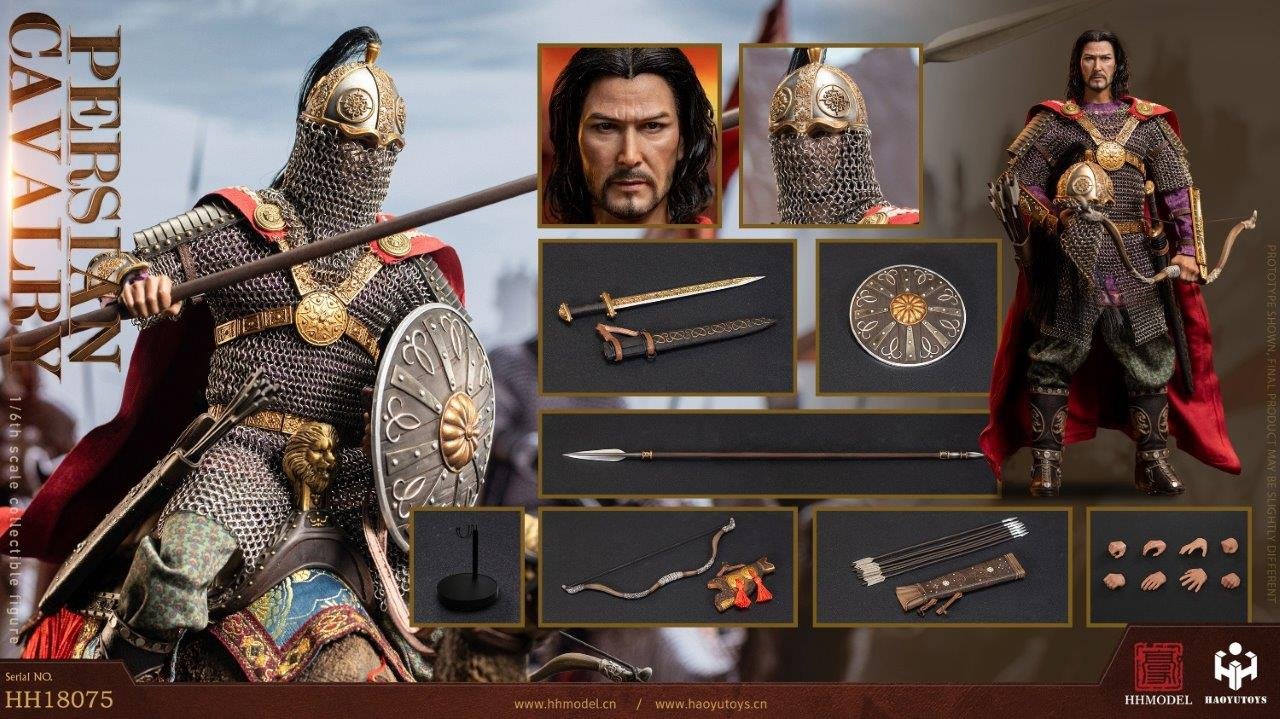Introduction
New York City is one of the world’s busiest production hubs, drawing brands, filmmakers, and content creators who need fast, professional results in a dense urban environment. Choosing the right production company in New York means balancing creative vision, logistical experience, and local know-how. In this guide you’ll find clear sections on the typical services production companies offer, how to estimate budgets, what to expect from crews and equipment, how permits and location logistics are handled, and best practices for evaluating vendors. The goal is practical: give you the tools to shortlist trustworthy firms and to ask the right questions so your shoot runs smoothly. This piece is written to meet expectations by emphasizing verifiable practices, transparent client-focused advice, and realistic expectations for working in New York’s unique production ecosystem.
What services does a New York production company usually offer?
Production companies in New York commonly provide end-to-end services that span pre-production, production, and post-production. In pre-production they typically handle concept development, scriptwriting or script supervision, storyboarding, casting, location scouting, permit acquisition, and scheduling. During production they supply producers, directors, camera and sound crews, lighting and grip equipment, vehicles, set management, and on-site coordination with locations and city officials. Post-production services often include editing, color grading, audio mixing, motion graphics, and delivery to broadcast or digital platforms. Many companies also offer specialty services drone operators, VFX coordination, archival research, or localized multilingual production to meet the demands of global brands. When evaluating vendors, look for clarity about what’s included vs. what’s an optional extra, and check whether the company uses trusted vendors for things like equipment rental and legal compliance to reduce hidden costs and production delays.
How to estimate budget and typical cost drivers in NYC
Budgeting a New York shoot requires accounting for several predictable cost drivers: crew rates, equipment rental, location fees, permits and insurance, studio or stage rental, transportation, catering, and post-production work. Crew and equipment are often the largest single expenses; highly experienced personnel and specialty gear command premium rates, especially for tight schedules. Location costs can vary widely from free or low-cost public spots (with permits) to expensive private venues and permit timeframes or restrictions can affect both schedule and budget. Insurance and city permit fees are necessary line items to protect the project and comply with local rules. Travel and logistics in NYC (e.g., moving trucks, parking permits, overtime for union crews) frequently add contingency expenses, so a 10–20% contingency buffer is common. A reputable production company will provide a line-item estimate and explain assumptions clearly so you can see where to save and where investment will affect the final quality.
What to look for in a production company’s team and portfolio
When assessing a company, inspect its reel and case studies for projects similar to yours in scope, tone, and technical complexity not just glossy highlights. Check team bios for hands-on experience: producers with municipal shoot experience, directors of photography familiar with NYC lighting challenges, and post teams who credit deliverables on major platforms. References matter: ask for recent client contacts and for specifics about timeline adherence, problem-solving on the day, and budget transparency. Also note how the company documents safety procedures, insurance coverage, and union compliance if relevant; this shows operational maturity. For smaller or specialized shoots, find out whether the company hires vetted freelancers or relies on in-house staff. Finally, communication style during the pitch process is telling responsiveness, realistic scheduling, and a willingness to explain trade-offs are signs of a company that will be easy to work with under pressure.
Permits, legalities, and location logistics specific to New York
Shooting in New York brings distinct permit requirements and logistical hurdles because of its dense population and multiple jurisdictional layers. Production companies experienced in NYC will be fluent in permit processes, parking and traffic control requirements, noise restrictions, and neighborhood-level sensitivities. They will advise on when you need film permits versus simple location releases, how long applications typically take, and how to coordinate with local businesses and residents to minimize friction. Insurance and location release forms should be presented early; good companies will explain liability exposures and propose solutions like additional insurance riders or risk mitigation plans. Equally important is a practical approach to timing certain neighborhoods, events, or subway-adjacent locations require very precise timing and extra permits. A company that anticipates those complications and lays out contingencies reduces last-minute disruptions and often saves money overall.
Conclusion
Partnering with the right production company in New York combines practical logistics, local knowledge, and creative alignment. Prioritize companies that present transparent budgets, demonstrate NYC-specific experience, and provide clear lines of communication and documented processes for permits and insurance. Review reels and references critically, and insist on a detailed, line-item estimate with contingency planning. The right partner will not only deliver strong creative output but will also protect your schedule and budget by anticipating the unique operational challenges of shooting in New York. Armed with the questions and criteria in this guide, you’ll be able to evaluate vendors confidently and choose the production company best matched to your project’s goals.
Frequently Asked Questions (FAQs)
Q1: How far in advance should I book a New York production company?
A1: Aim to engage a company as soon as you have a clear brief ideally 6–12 weeks before principal photography for shoots requiring multiple locations or permits; smaller shoots can sometimes be scheduled more tightly depending on availability.
Q2: Do production companies help with permits and insurance?
A2: Yes. Most reputable NYC production companies either handle permits and insurance in-house or coordinate them through experienced third-party vendors; confirm who is responsible and request copies of required documents.
Q3: Can a production company suggest cost-saving measures?
A3: Good ones will. Common savings include filming during off-peak hours, consolidating locations, using smaller crews, or simplifying set requirements provided those changes align with creative goals.
Q4: Should I hire a company that uses union crews?
A4: It depends on your budget and distribution plans. Union crews bring standardized protections and experience but often cost more and have stricter rules about hours and conditions; discuss options with potential vendors.
Q5: What is a reasonable contingency to include in my budget?
A5: A contingency of 10–20% of the production budget is common in New York to cover permit changes, weather issues, overtime, or last-minute equipment needs.









